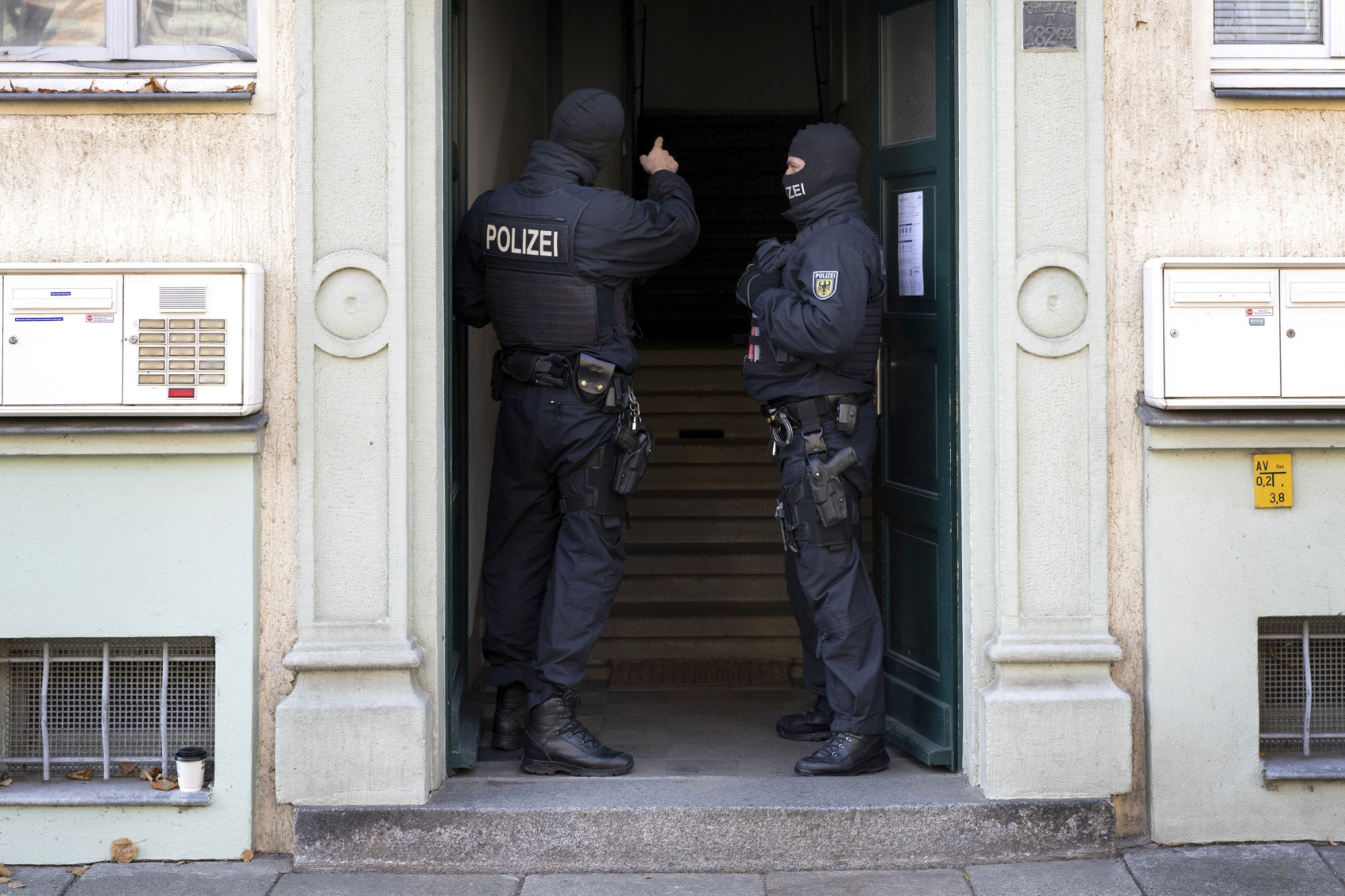Bomb Threats and Election Day Tensions in the US
Amidst heightened political tensions, Election Day in the United States is under the cloud of bomb threats, primarily targeting key states. Investigations point toward potential foreign interference.
Published November 06, 2024 - 00:11am

Image recovered from vanityfair.com
On the morning of Election Day in the United States, bomb threats and suspicious behaviors were reported in various regions, intensifying the already palpable political tensions. These threats were reported in several states, including the District of Columbia and Georgia, and although none resulted in notable disruptions to the voting process, they underscored the precarious atmosphere surrounding the elections.
In Washington D.C., law enforcement responded swiftly when a man, described as smelling of fuel, attempted to enter the Capitol Visitor Center carrying a torch and a flare gun. The precise intent of the individual remains unknown, but his actions undoubtedly heightened concerns about security and safety for the day.
Georgia, a pivotal swing state with a significant impact on the election's outcome, witnessed additional disturbances when two polling stations outside Atlanta faced temporary closure due to unfounded bomb threats. These threats were labeled 'non-credible' by officials, yet they prompted swift action to secure and ensure the continuation of the electoral process.
Similarly, in Maine, state police handled multiple swatting calls—false alarms aimed at provoking a significant police response—though these were dismissed as no threat to public safety. Such events have contributed to an overarching narrative of fear and caution, as Americans head to the polls in a charged political climate.
The Federal Bureau of Investigation (FBI) acknowledged awareness of these threats, which reportedly emanate from Russian email domains, suggesting potential foreign interference. This revelation followed the statements of Georgia Secretary of State, Brad Raffensperger, who, despite being a victim of election-related threats himself, pointed to Russia as a likely source. However, the FBI cautions the possibility of spoofing, where perpetrators mimic Russian origins to divert suspicion.
The threats and unrest aren't isolated incidents. Ballot drop boxes were set ablaze in both Oregon and Washington in the weeks leading to the election, destroying hundreds of ballots and hinting at a greater scheme of disruption. Additionally, confrontations at early polling sites in states like South Carolina, Illinois, and Texas further illustrate the volatility voters and officials face.
These election-related threats aren't confined to domestic issues. Internationally, accusations of Russian interference attempt to skew public perception or exacerbate existing tensions. The US intelligence community has persistently advised caution and heightened awareness of these influences, particularly in decisive states like Georgia, which lacks a predictable voting pattern and could sway the national results significantly.
On the ground, local authorities, such as those in Georgia's Fulton County, worked diligently to ensure minimal disruption. They confirmed that vote centers affected by these threats resumed operations quickly and would remain open longer to compensate for any imposed delays.
Meanwhile, political figures, including former President Donald Trump, downplayed the potential for Election Day violence. Trump remarked that his supporters were not prone to violence, adding that he did not need to explicitly advise them against it as they were 'great people.'
Consequently, the national narrative is shaped by these incendiary incidents and the palpable anxiety over election security. Surveys reflect this sentiment, with a late-October poll from the American Psychological Association revealing that 72% of American adults feared the prospect of election-related violence. This fear appears justified in light of recent arrests, including those of a white supremacist near Nashville, allegedly plotting to sabotage the election environment by targeting infrastructure.
The convergence of these threats—both proven and speculative—highlights the need for robust security measures and a resilient democratic process. As Americans navigate one of the most consequential elections in recent history, the implications of these security concerns continue to reverberate throughout the national discourse.







